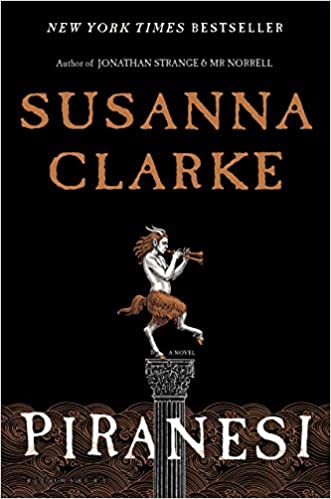Gutenberg, the Reformation, creeds, and assorted ruminations
My daughter and I are up to the Reformation in history. It’s interesting, seeing the sweep of history — and church history.
I’ve always had a wariness of “theology.” Systematic constructs of ideas about God seem a man-made thing. But reflecting on Gutenberg’s invention of the printing press, and the blow it (combined with Luther) struck against authority, has made me consider whether I’m just overly saturated with the note of defiant protest in the Reformation. The church of that time, demonstrably corrupt and materialistic, understandably lost trust, and the printing press made “every man his own priest” possible.
Since it’s possible for us all to have a Bible and read it, and since God speaks, even in the Old Testament, to individuals and not just to heads of state and prophets (I’m thinking of stories like his word to Hagar, or to Samson’s mother), it seems crazy not to read the Bible independently as well as in church. But I’m keenly aware that there is much I don’t understand in the Bible, and I need the historic authority of the church to interpret and clarify.”Every man his own priest” is as much a recipe for confusion and discouragement as it is a cry of freedom.
But on the other hand, phenomena like the Council of Trent, the Catholic church’s doctrinal statement in response to the Reformation, or the Augsberg Confession, an early definition of Protestantism that took shape in the wake of Luther’s 95 Theses, are human constructions. They arise out of human needs in the midst of situations as political and economic and earthly as they are spiritual. They’re a step removed from the Bible, which is much less neat and tidy, much more textured, much more sprawling and full of paradox, than point-by-point human creeds can accommodate.
Dennis Kinlaw, a distinguished theologian and president of my alma mater at several points in its history, once said that he no longer underlined in his Bible. He had done so in the past, but then he noticed that because of this he paid greater heed to the verses and passages he’d underlined than those he hadn’t underlined. If it’s all God’s word, better not to mark off this or that passage as exceptional.
I still underline. My underlinings make up a sort of autobiography superimposed on the grand story told in its pages. But he makes an interesting point. I think of it again today because creeds and confessions seem to be similar animals to underlined passages. They extract and order certain concepts in Scripture. But what about all that they don’t include?
Jesus himself was often asked to untangle and prioritize certain prescriptions in the Law. The Pharisees constantly tried to trip him up. The best example I can think of is when he was asked for the most important commandment. Rather than extracting the first two, he summarized all the commandments in terms of the first two.
It seems to me that he was most at home as a storyteller, not a systematizer.
That’s all. Just ruminating… No neat conclusion to be found anywhere on the horizon of this post…


